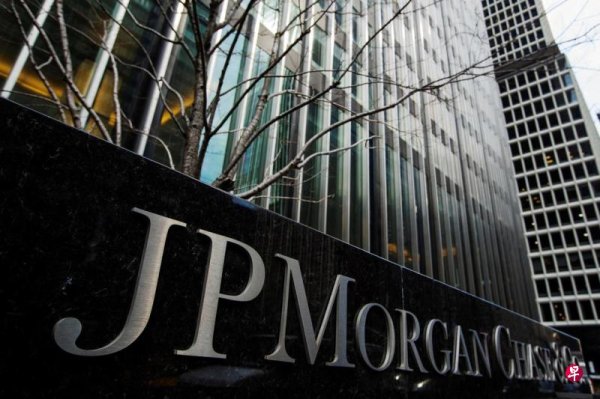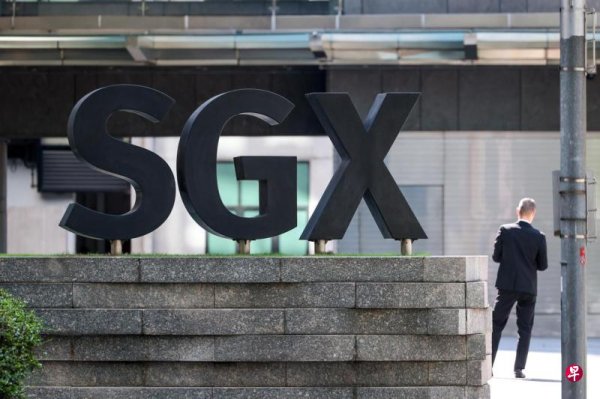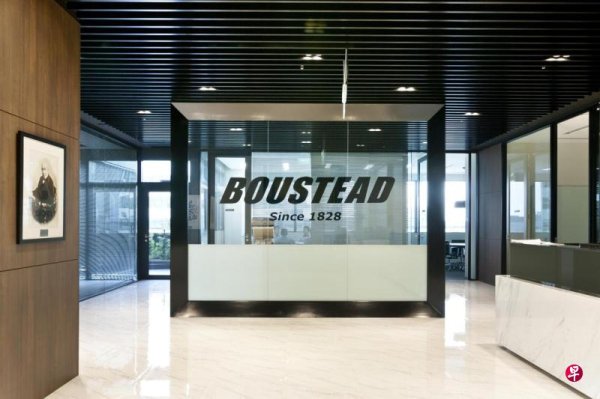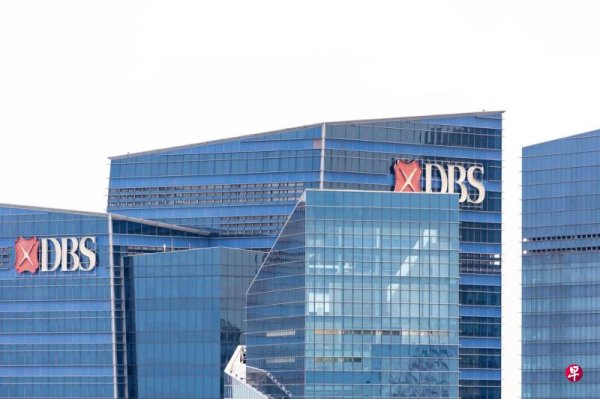Tariffs push up costs Walmart raises prices for some goods starting this month
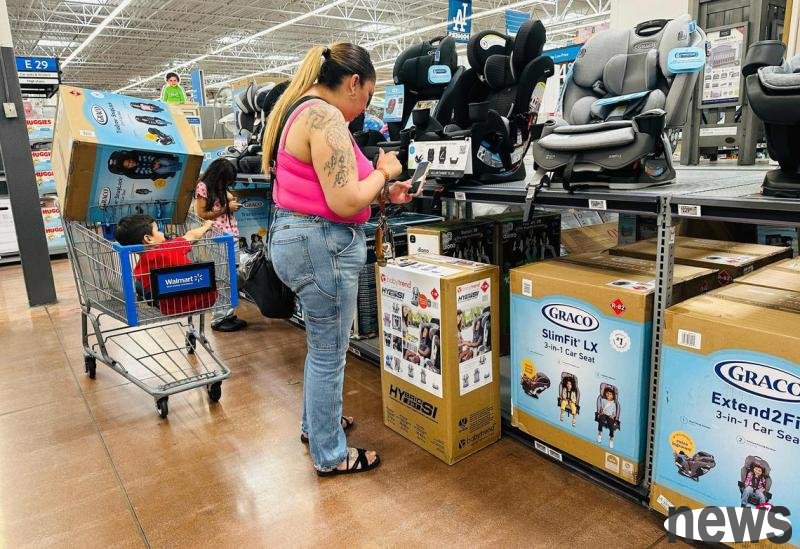
Trump's trade war has upended business operations in various industries, and while the United States reached a 90-day tariff buffer with China this week is expected to ease short-term pressure on the supply chain, the Trump administration's capricious policy measures make it difficult for companies to respond or plan.
Walmart shares rose 2.2% in pre-market trading Thursday. The group's share price has risen 7.2% this year as of Wednesday (14th), better than the small-change S&P 500 index.
Walmart maintains its full-year sales and net profit outlook, but it has chosen not to provide an upfront outlook for quarterly revenue from May to July due to its inability to accurately predict "weekly and even daily trade negotiations", the group said in a statement Thursday, "The uncertainty in the current ongoing operating environment makes short-term forecasts extremely difficult."
Walmart CEO Doug McMillon welcomed the Trump administration's successful cooling of tariff war with China, but said tariff levels are still too high for retailers.
US retail chain Walmart reported solid sales and earnings growth in the previous quarter before trading Thursday (May 15), but issued a warning that it is expected to start raising prices of some commodities this month due to tariff shocks and growing economic turmoil.
He said in his performance release: "We will try our best to keep prices low, but even if extremely high tariff levels have fallen, we still cannot absorb all the pressure."
In the quarter ended April, Walmart's store sales rose 4.5% for at least one year, outperforming market expectations, reflecting the positive effect of its decision to lower prices to gain market share.
However, Walmart is not immune to the shock caused by US President Trump's extensive and radical tariff measures, and the price increase caused by the tariff war is expected to affect products on Walmart store shelves soon.
Most consumer-facing companies have published weak results in recent weeks, saying volatility in consumer demand and economic turmoil affect their performance outlook. Procter & Gamble (P&G) and Kraft Heinz lowered their annual outlook, while Southwest Airlines and other airlines expressed concerns about a potential recession.
The Group Chief Financial Officer John David Rainey said in an interview: "If you haven't seen it, it will happen in May and it will become more and more obvious."
Walmart's performance puts pressure on competitors that are about to release results in the coming weeks, including Home Depot and Target Corp. Walmart's performance is often a barometer of the U.S. economy, so it performs well but still warns investors to face more tariff pressure in the future, which is an ominous sign.
Renie said: "The current retail environment poses challenges to operations because prices are rising so fast, it is truly unprecedented. Tariffs are rising so much that retailers cannot absorb them alone."

